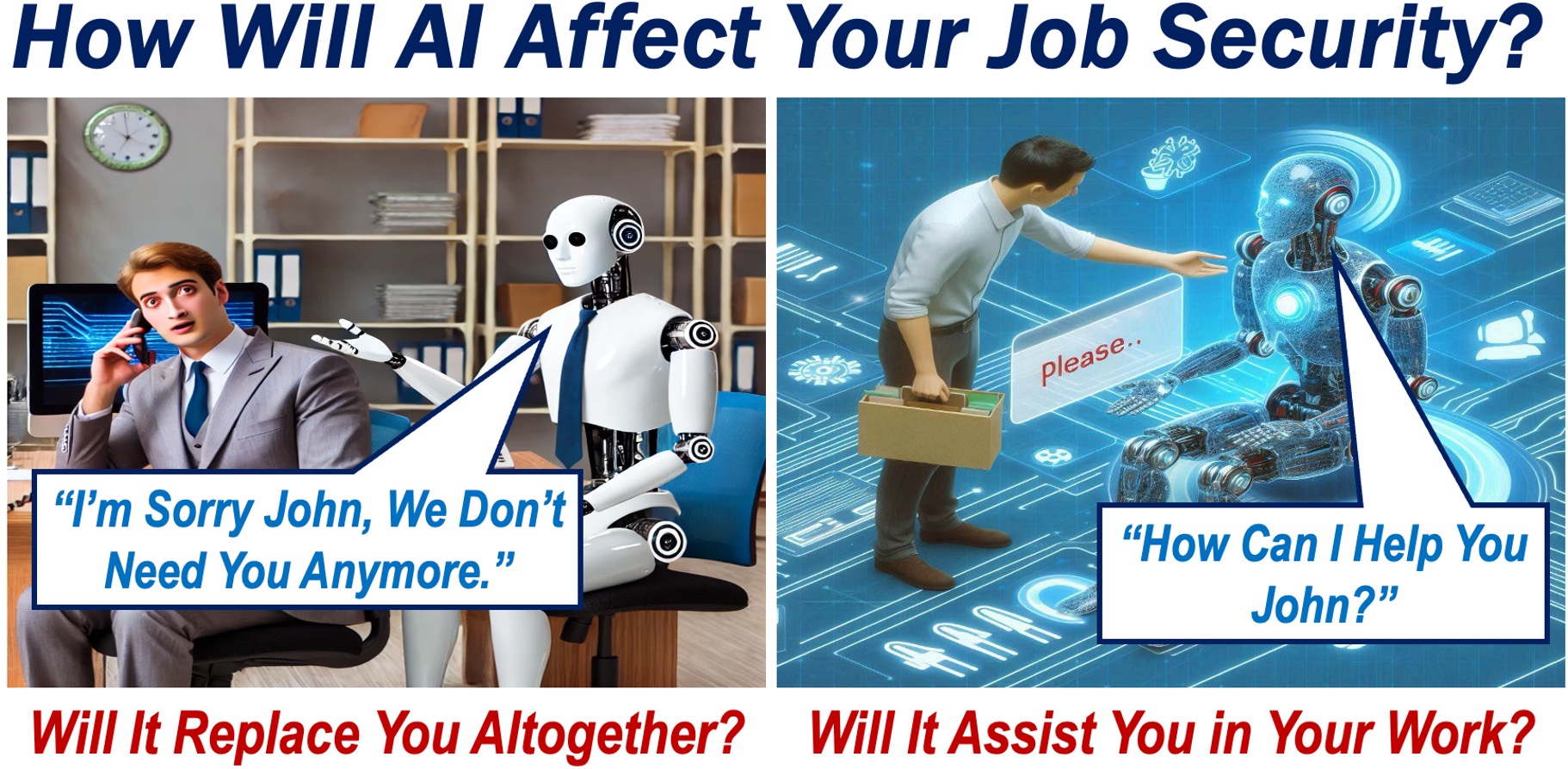As artificial intelligence (AI) rapidly evolves, AI’s impact on various industries is becoming clearer.
With countless reports predicting how jobs will be affected, it’s important to shift the focus from entire professions to the specific skills AI might replace.
A recent study by Indeed and insights from other experts shed light on which skills are most and least likely to be automated.
Let’s explore these findings to understand the future of the workplace and the role of AI.
AI’s Impact on Job Skills: What’s Really at Risk?
Indeed’s study examined over 2,800 job skills, breaking down AI’s potential impact.
Interestingly, none of these skills were deemed “very likely” to be replaced by AI in the near future. In fact, 68.7% of the skills were categorized as “unlikely” or “very unlikely” to be automated soon.
AI, especially *Generative AI (GenAI), shows its greatest strength in providing theoretical knowledge. For example, GPT-4o, a model developed by OpenAI, rated itself highly in theoretical knowledge but less competent in problem-solving.
When it comes to physical tasks—like nursing or cooking—AI’s current limitations become even more apparent, making these roles safer from automation.
* Generative AI (GenAI) refers to AI models that can create new content, such as text, images, or music, based on the data they have been trained on. Unlike traditional AI, which focuses on recognizing patterns or making predictions, GenAI generates original content by synthesizing learned information.

Vulnerable Professions and Skills
Some jobs, however, are at higher risk. Accounting, for instance, stands out as particularly vulnerable, with AI potentially automating over 75% of the skills commonly found in accounting job postings. Marketing, advertising, and software development follow closely behind.
For software development, AI’s ability to understand coding languages like Python or JavaScript positions it as a powerful tool for automating simpler tasks.
In contrast, roles like cooks, childcare providers, bus drivers, and nurses face significantly lower risks.
In fact, only 39% of the skills required in nursing are at risk of AI replacement, largely because of the need for physical presence and direct human interaction.
AI as Both an Opportunity and a Threat
According to Yahoofinance.com, David Crawford, chairman of Bain & Company’s global technology practice, sees AI as a double-edged sword.
On one hand, it’s an opportunity for increased productivity in sectors like software development, where AI can accelerate coding tasks. On the other hand, it presents a challenge, requiring employees to adapt and learn how to collaborate with AI effectively.
Crawford emphasizes that AI won’t simply replace jobs. Instead, workers will need to shift their focus to tasks that add more human value, such as creativity and critical thinking.
This shift will require a significant transformation in how businesses operate, ensuring that employees and AI work hand-in-hand to maximize productivity.
The Skills You Can Skip Thanks to AI
As AI continues to develop, there are some skills you no longer need to focus on. For example:
-
Writing
AI tools can now handle routine writing tasks like reports or news articles. Human writers, however, are still needed for creativity and complex narratives.
-
Art Design
AI can assist with tasks such as generating images or designing layouts, although human input remains essential for creativity.
-
Data Entry and Analysis
AI is highly efficient at data processing and analysis, automating these tasks and freeing up time for workers to focus on higher-level problem-solving.
-
Video Editing
AI-powered tools simplify video editing by automatically selecting the best shots and adding transitions, helping even novices produce polished content.
AI’s Impact on White-Collar Jobs: A New Era of Copilots
In white-collar professions, AI is less about replacing jobs and more about streamlining tasks.
According to research from OpenAI and the University of Pennsylvania, AI has the potential to significantly reduce the time it takes to complete many office tasks.
For example, in roles such as financial analysts or HR assistants, AI can handle up to 50% of the workload, freeing employees to focus on strategic and creative tasks. This transition will require workers to become more proactive, finding new ways to integrate AI into their workflow.
A Collaborative Future with AI
AI is here to stay, but its role will be to enhance, not replace, human skills. For jobs requiring hands-on execution, human workers remain indispensable.
The key for workers in all industries is to embrace AI as a tool for enhancing productivity while focusing on developing skills that AI cannot easily replicate, such as creativity, problem-solving, and emotional intelligence.
As AI continues to evolve, understanding its strengths and limitations will help workers and businesses alike navigate the future. By learning to work alongside AI, employees can ensure that their skills remain relevant in a rapidly changing world.
